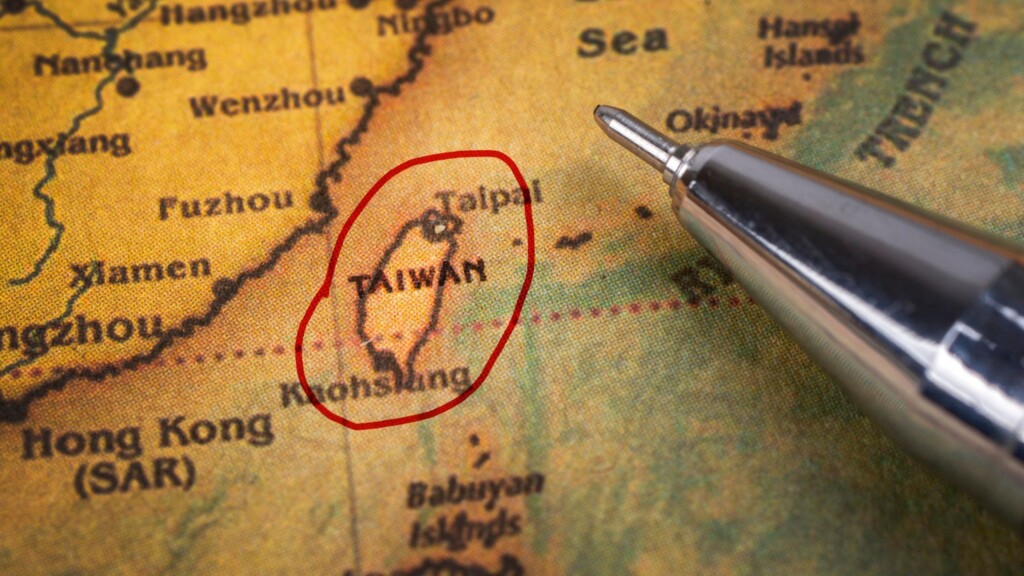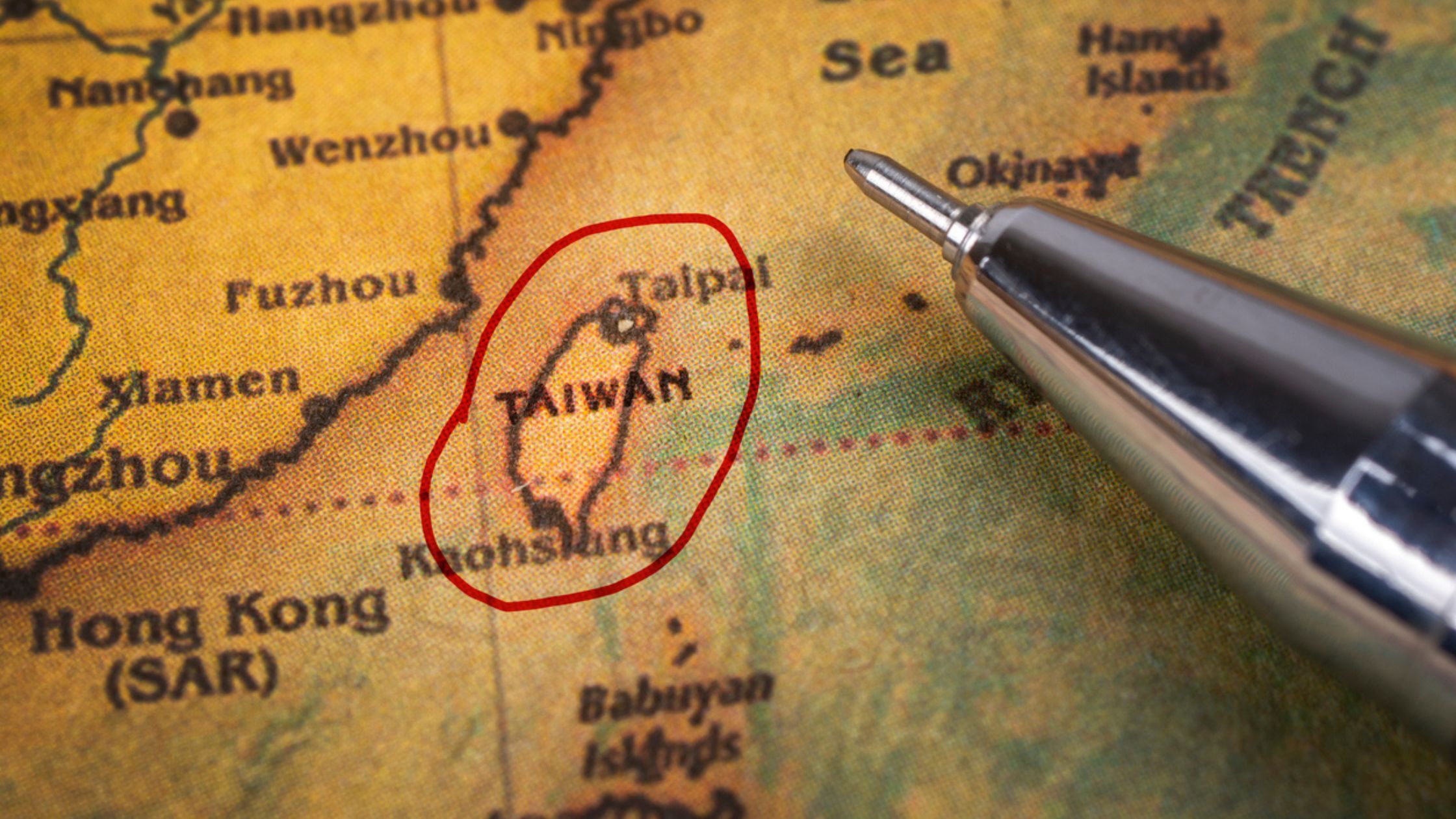Taiwan Updates Distance Learning IP Rules
In response to current technological developments, educational policies, and pandemic measures, the Legislative Yuan passed partial draft amendments to the Copyright Act in a third reading on May 27, 2022. The amendments target aspects of distance learning such as the rules for fair use of copyrighted works, allowing teachers to provide classroom instruction without unnecessary worry. In accordance with digital education policies, the amendments also allow textbook preparers to transmit digital copies to teachers and students to promote the use of e-schoolbags as a replacement for the heavy backpacks that previous generations had to endure. The main amendments are as follows:
- Within the necessary scope of classroom instruction, teachers may offer reference materials or information to students online. This is in response to the pandemic situation as well as international technological development trends.
- Not-for-profit remote education may use copyrighted works but must still pay for copyright authorization. For-profit distance learning activities must acquire paid authorization also.
- Textbook preparers may transmit digital copies of copyrighted works to teachers and students for e-schoolbags unlike previously when only paper copies of textbooks were allowed to be distributed. Remuneration must be paid for the authorized use of copyrighted works under the new regulations.
- The National Central Library (NCL) will be allowed to digitally reproduce its collection in advance as a precaution against damage or loss. The NCL and affiliated libraries will also allow readers access to the digital collection via computers within the libraries.
Taiwan Amends Guidelines to Accept E-signed POAs
The Taiwan Intellectual Property Office (TIPO) is planning to revise the Patent Examination Guidelines to allow some changes to the formality requirements. The draft amendment is expected to indicate that Powers of Attorney and other documents submitted by applicants in the filing and prosecution stage can be signed electronically. Scanned copies have long been acceptable for patent applications, but this new measure will be more convenient. However, if an examiner faces any doubts over the veracity of the electronic signature, he or she will be able to request the applicant to re-submit the document with a wet signature. Since the outbreak of Covid-19 and the disruptions that followed, patent and trademark examiners have been following this practice ad-hoc for some time, so this amendment is expected to pass imminently.
TIPO Promotes Metaverse-Related IP Possibilities
In order to encourage the filing of more metaverse-related applications for IP protection, the Taiwan Intellectual Property Office (TIPO) has published an article providing guidance for how to obtain protection for metaverse-related designs. Technically, metaverse-related designs can be classified into three groups: virtual space, virtual objects and human-machine interface. When filing an application, applicants may present a virtual space in accordance with object design, or present a human-machine interface in accordance with graphical user interface (GUI). Also, the article to which the design applies must be recorded as a computer product. Moreover, if applicants merely transform the appearance of an article existing in the physical world to a virtual appearance in the metaverse, this is likely to be regarded as a design which can be easily conceived and thus be rejected on the grounds of no creativeness. The possibility of an applicant being able to protect his or her designs in both the real world and the metaverse with a single design patent is not possible at this stage, so an applicant will need to file separate applications. There are still legal issues concerning computer program works that are used to generate icons or GUIs, and also there is the situation of territorial jurisdiction that needs to be worked out. TIPO is currently looking to adjust Article 121 of the Taiwan Patent Act when the abovementioned dilemmas have been fully resolved.
Three Taiwanese Computer Firms Investigated for Infringement
The Ministry of Economic Affairs (MOEA) in Taiwan said that it would offer assistance to 3 Taiwanese computer firms under investigation by the US International Trade Commission for patent infringement. The allegations against Acer Inc., Asustek Computer Inc., and Micro-Star International Co. concern possible infringement of video processing patents held by the US company Videolabs Inc. An evidentiary hearing will be held after an administrative law judge has been assigned to the case.














 Deep & Far Attorneys-at-law
Deep & Far Attorneys-at-law Yu-Li Tsai
Yu-Li Tsai Lu-Fa Tsai
Lu-Fa Tsai C. F. Tsai
C. F. Tsai






